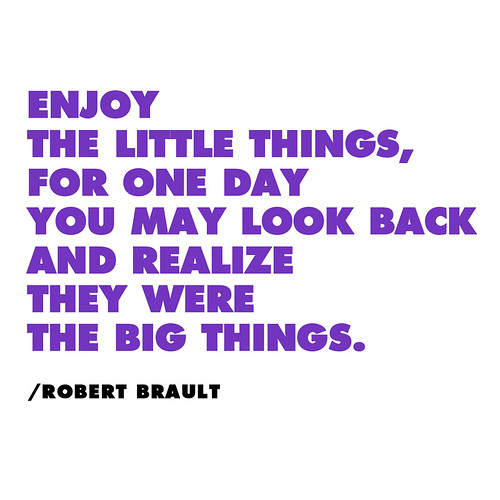How can you seize the day and enjoy life more?
grateful for good events and focus on the fact that they will soon end. This has been shown to increase happiness and to make you more likely to take advantage of opportunities. Via PsyBlog: As Dr Kurtz predicted it was those in the second group who were happier after the intervention; the other two groups showed no significant improvement. It seemed that just being encouraged to think grateful thoughts was not enough to increase happiness. What made the grateful…
1 min read
Nice Guys Make Less Money
ce guys don't make the big bucks: Sex and agreeableness were hypothesized to affect income, such that women and agreeable individuals were hypothesized to earn less than men and less agreeable individuals. Because agreeable men disconfirm (and disagreeable men confirm) conventional gender roles, agreeableness was expected to be more negatively related to income for men (i.e., the pay gap between agreeable men and agreeable women would be smaller than the gap between disagreeable men and disagreeable women). The hypotheses were…
1 min read
How Being Yourself Can Make You Happier, Backed By Research
d revise it to "be your best self." People who deliberately exercised their signature strengths -- those qualities they were uniquely best at, the talents that set them apart from others -- on a daily basis became significantly happier for months. Via The Happiness Advantage: The Seven Principles of Positive Psychology That Fuel Success and Performance at Work: When 577 volunteers were encouraged to pick one of their signature strengths and use it in a new way each day for…
1 min read
Do pregnant women who drink alcohol have smarter and healthier kids?
rst off, nobody disputes that moderate, heavy and binge drinking during pregnancy can have serious negative consequences on a fetus. That said... Via Do Chocolate Lovers Have Sweeter Babies?: The Surprising Science of Pregnancy: Some studies, usually European in origin, lift the spirits. There's no apparent reason to avoid light drinking, according to one at the University of London of nearly 12,500 mothers and their three-year-old children. Reading the results, I contemplate swapping my wheatgrass for a tequila shot. It…
1 min read
Too Much Happiness Can Be A Very Bad Thing
a The Washington Post, highlights by the always-thought-provoking Mr. Robin Hanson: Very high levels of positive feelings predict risk-taking behaviors, excess alcohol and drug consumption, binge eating, and may lead us to neglect threats. Those who early in their lives reported the highest life satisfaction (for example, judging it at 5 on a 5-point scale) years later reported lower income than those who felt slightly less merry when young. What’s more, they dropped out of school earlier. A group of…
1 min read
This is what is most responsible for your happiness
's the little things. Very happy people don't experience more happy events than less happy people. It's more about perspective and how depression-prone you are -- and getting enough sleep helps too. Via 50 Great Myths of Popular Psychology: Shattering Widespread Misconceptions about Human Behavior: Ed Diener and Martin Seligman screened over 200 undergraduates for levels of happiness, and compared the upper 10% (the “extremely happy”) with the middle and bottom 10%. Extremely happy students experienced no greater number of…
1 min read
Quick little things you can do to increase long term happiness
rvard happiness expert and author of "The Happiness Advantage", Shawn Achor gives some science based tips for increasing well-being. Via CNN: In The Happiness Advantage, I challenge readers to do one brief positive exercise every day for 21 days. Only through behavioral change can information become transformation. • Write down three new things you are grateful for each day; • Write for two minutes a day describing one positive experience you had over the past 24 hours; • Exercise for…
1 min read
Can alcohol be good for your brain?
derate drinkers are 26 percent less likely to develop dementia when they get old. Might be due to the alcohol or to drinkers being more social in general. Via Brain Candy: Science, Paradoxes, Puzzles, Logic, and Illogic to Nourish Your Neurons: An Australian study of more than ten thousand people found that moderate drinkers are about 26 percent less likely than abstainers to develop dementia in later life. The difference may be due to biology (alcohol’s anti-inflammatory properties) or psychology:…
1 min read








